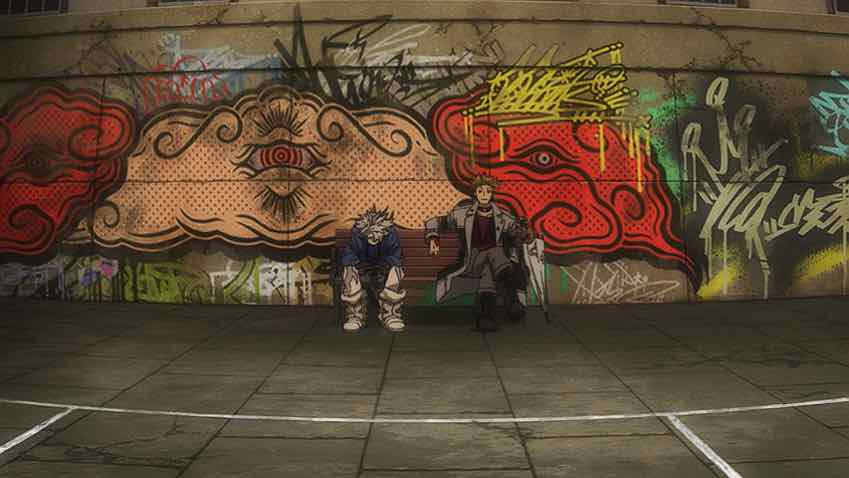 There are some fairly transparent reasons why Gachiakuta has been a successful and popular manga since its inception. It has one of the most distinct and well-defined senses of style out there, for starters. A great look, a timeless vibe that recalls the giants of the genre while establishing its own identity. But a more subtle one, I think, is how good Urana Kei is at exposition. Exposition is hard – finding a balance between keeping the audience in the dark and grinding the narrative to a halt with explanation. “Natural” is the elusive goal every series should strive for – and this episode is a shining example of how well Gachiakuta achieves it.
There are some fairly transparent reasons why Gachiakuta has been a successful and popular manga since its inception. It has one of the most distinct and well-defined senses of style out there, for starters. A great look, a timeless vibe that recalls the giants of the genre while establishing its own identity. But a more subtle one, I think, is how good Urana Kei is at exposition. Exposition is hard – finding a balance between keeping the audience in the dark and grinding the narrative to a halt with explanation. “Natural” is the elusive goal every series should strive for – and this episode is a shining example of how well Gachiakuta achieves it.
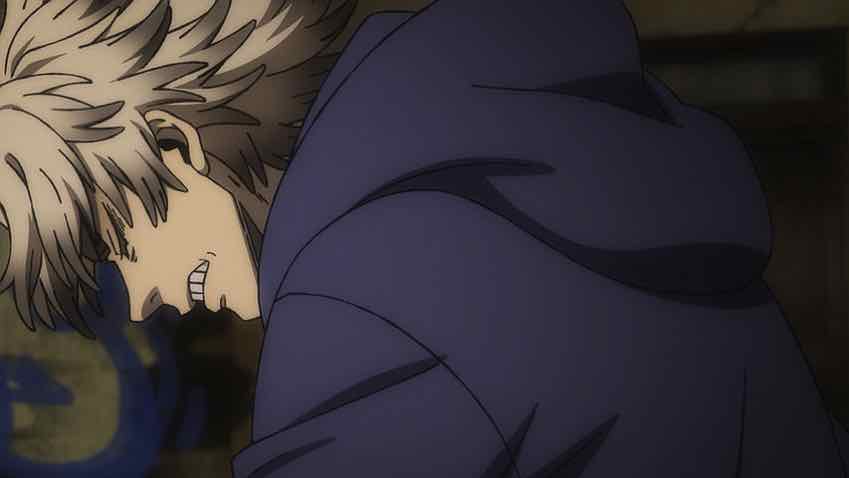 We start out with a good old-fashioned troll – on the audience, and Rudo too. He’s understandably morose over Gris’ demise, which Enjin scolds him that he needs to break out of and pay his respects. Except, as it turns out, Gris ain’t dead. Thanks to the efforts of the Cleaners’ only healer Giver, Eishia (Iwami Manaka) he’s survived what Rudo assumed was a fatal injury. He even gives Rudo a benediction over the loss of his talisman, declaring that he was glad it served a useful purpose. And that’s a theme that will be revisited later in the episode.
We start out with a good old-fashioned troll – on the audience, and Rudo too. He’s understandably morose over Gris’ demise, which Enjin scolds him that he needs to break out of and pay his respects. Except, as it turns out, Gris ain’t dead. Thanks to the efforts of the Cleaners’ only healer Giver, Eishia (Iwami Manaka) he’s survived what Rudo assumed was a fatal injury. He even gives Rudo a benediction over the loss of his talisman, declaring that he was glad it served a useful purpose. And that’s a theme that will be revisited later in the episode.
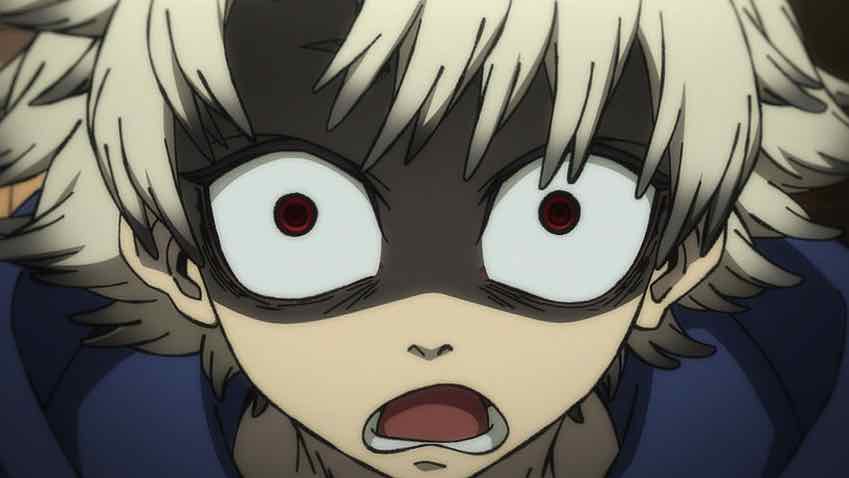 Next to enter the fray is Corvus Arkha (Koyama Rikiya, who I haven’t heard much recently). He’s the mythical boss, finally returned from whatever errand had kept him away. First impressions are a rather kind and mild-mannered fellow, and Corvus declares that Rudo has a skill that can be very useful to the Cleaners, and has already put it on the line to save his comrades. As such he’s welcome to join the team, even if his larger purpose is information. And on that front, Corvus shares the story of a woman who supposedly lives on the Border between the Ground and the Sphere – a woman who’s seen people come and go between the two.
Next to enter the fray is Corvus Arkha (Koyama Rikiya, who I haven’t heard much recently). He’s the mythical boss, finally returned from whatever errand had kept him away. First impressions are a rather kind and mild-mannered fellow, and Corvus declares that Rudo has a skill that can be very useful to the Cleaners, and has already put it on the line to save his comrades. As such he’s welcome to join the team, even if his larger purpose is information. And on that front, Corvus shares the story of a woman who supposedly lives on the Border between the Ground and the Sphere – a woman who’s seen people come and go between the two.
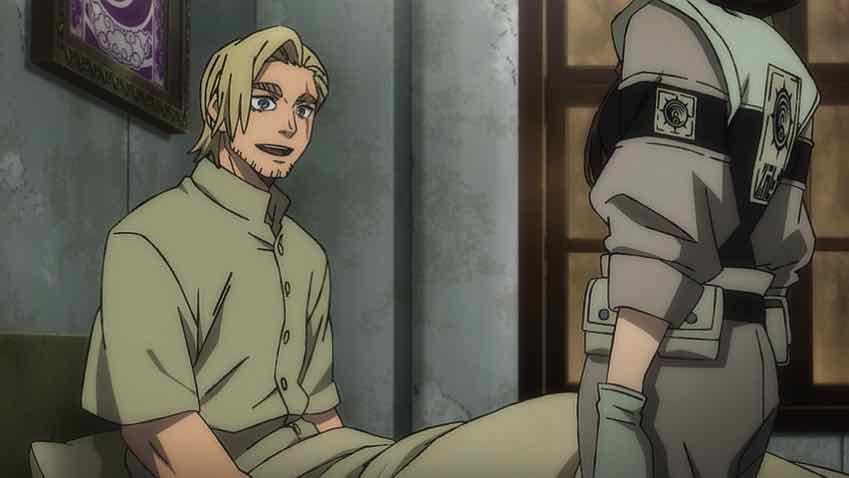 Well, that’s a woman Rudo wants to meet. So off he heads to do it, with Follo desperately trying to keep him from doing so. It’s crazy, Enjin tells the lad – a suicide run to go into no man’s land alone (though of course Enjin was alone when he rescued Rudo). He’ll accompany the boy – there are good practical reasons for doing so, that will benefit the Cleaners. But for now Rudo is to settle in and rest and recuperate. Which is a problem, since he’s hyper and largely sleepless, and has no sense of how to waste time that doesn’t involve digging through trash.
Well, that’s a woman Rudo wants to meet. So off he heads to do it, with Follo desperately trying to keep him from doing so. It’s crazy, Enjin tells the lad – a suicide run to go into no man’s land alone (though of course Enjin was alone when he rescued Rudo). He’ll accompany the boy – there are good practical reasons for doing so, that will benefit the Cleaners. But for now Rudo is to settle in and rest and recuperate. Which is a problem, since he’s hyper and largely sleepless, and has no sense of how to waste time that doesn’t involve digging through trash.
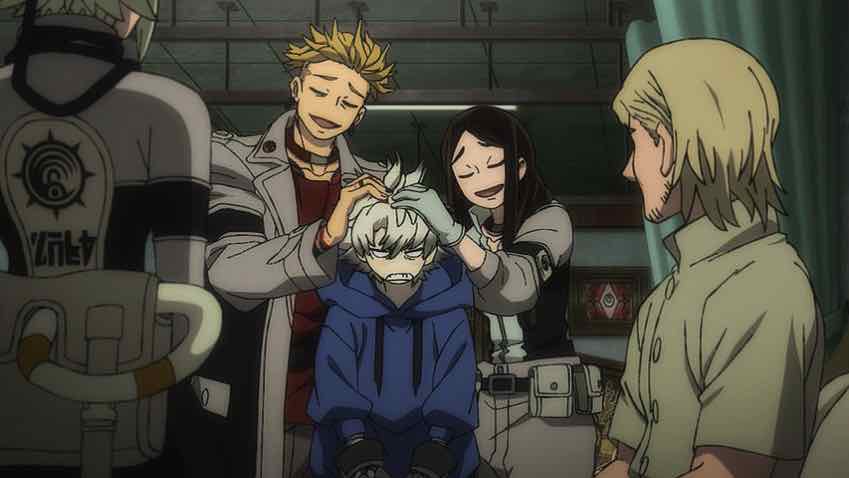 Riyo drops by to offer a tour and a diversion. But that diversion is a dangerous one for a teen who’s never experienced its allure – sweets. They were for the rich where Rudo came from, something he and Regto never partook in. But because a group of Givers called Vianders who specialize in cooking and baking has a relationship with the Cleaners, they have access to them here. Rudo’s introduction to the arena finds him immediately addicted, which one wonders if Riyo hadn’t planned all along for her own amusement. A young boy with a pacifier vital instrument proves competition for the provender, but Rudo shows his social advancement by sharing a lollipop, which seems to engender the boy’s favor.
Riyo drops by to offer a tour and a diversion. But that diversion is a dangerous one for a teen who’s never experienced its allure – sweets. They were for the rich where Rudo came from, something he and Regto never partook in. But because a group of Givers called Vianders who specialize in cooking and baking has a relationship with the Cleaners, they have access to them here. Rudo’s introduction to the arena finds him immediately addicted, which one wonders if Riyo hadn’t planned all along for her own amusement. A young boy with a pacifier vital instrument proves competition for the provender, but Rudo shows his social advancement by sharing a lollipop, which seems to engender the boy’s favor.
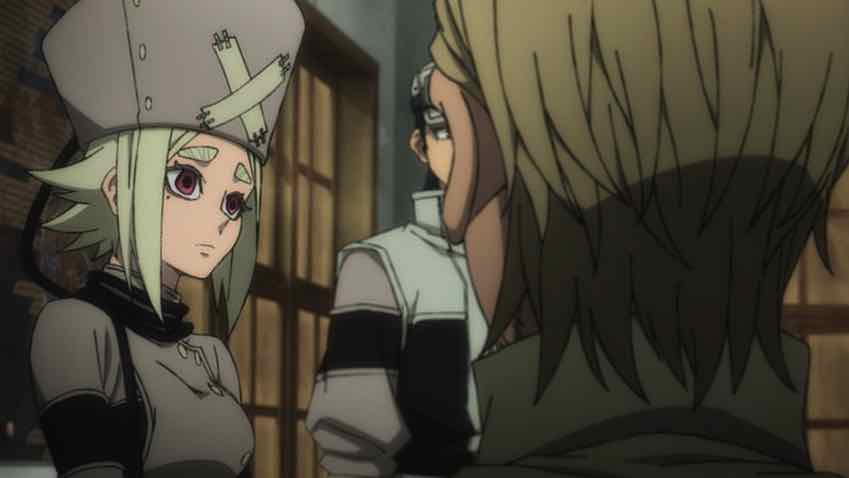 Once Rudo has recovered from his sugar high and subsequent crash (and lost the hundred kilos he seemed to put on) the focus can turn to training. That brings Zanka back into the picture, and initially Rudo is once more unable to activate his power. Zanka speculates that Rudo might need his “muse” – trash – to be able to generate his ability. So he piles a heap in front of the boy and tells Rudo to see what inspires him. This insight proves insightful indeed – this connection with what others have deemed worthless is the key to unlocking Rudo’s powers. What’s more, experimentation proves that Rudo can turn multiple items into jinki at once – though the effort causes him to keel over with a nosebleed.
Once Rudo has recovered from his sugar high and subsequent crash (and lost the hundred kilos he seemed to put on) the focus can turn to training. That brings Zanka back into the picture, and initially Rudo is once more unable to activate his power. Zanka speculates that Rudo might need his “muse” – trash – to be able to generate his ability. So he piles a heap in front of the boy and tells Rudo to see what inspires him. This insight proves insightful indeed – this connection with what others have deemed worthless is the key to unlocking Rudo’s powers. What’s more, experimentation proves that Rudo can turn multiple items into jinki at once – though the effort causes him to keel over with a nosebleed.
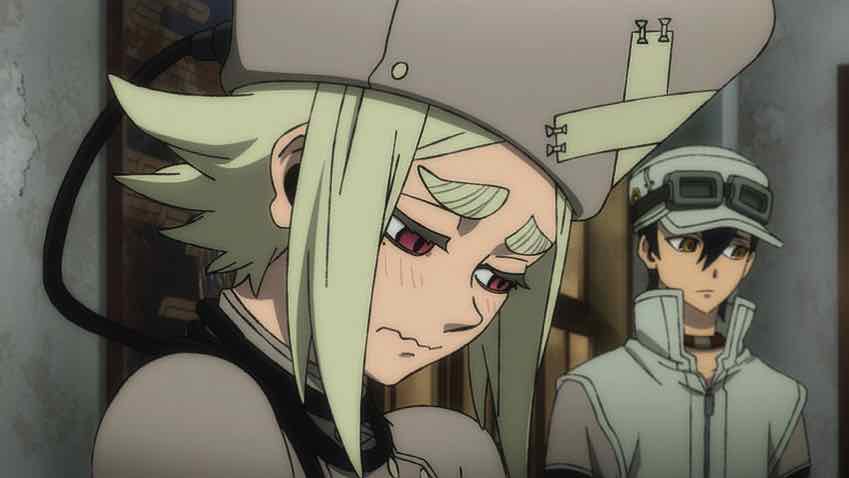 This is the part of the episode where that naturalistic exposition really shines through. We learn about Rudo’s limitations and potential organically, just as the characters do. And things even get rather poetic, as Riyo posits that perhaps the reason Rudo’s Gris shield turned to dust was not a time limit on Rudo’s power, but the fact that it had fulfilled its purpose. Indeed, that this may be Rudo’s purpose in life – to see the potential in what others have deemed worthless, and allow it to flower one last time – to “go out in a blaze of glory”, as Enjin puts it. That’s a rather lovely notion I think – especially for a boy himself deemed worthless by the society which cast him down with the rest of the trash into this dark and dangerous place.
This is the part of the episode where that naturalistic exposition really shines through. We learn about Rudo’s limitations and potential organically, just as the characters do. And things even get rather poetic, as Riyo posits that perhaps the reason Rudo’s Gris shield turned to dust was not a time limit on Rudo’s power, but the fact that it had fulfilled its purpose. Indeed, that this may be Rudo’s purpose in life – to see the potential in what others have deemed worthless, and allow it to flower one last time – to “go out in a blaze of glory”, as Enjin puts it. That’s a rather lovely notion I think – especially for a boy himself deemed worthless by the society which cast him down with the rest of the trash into this dark and dangerous place.


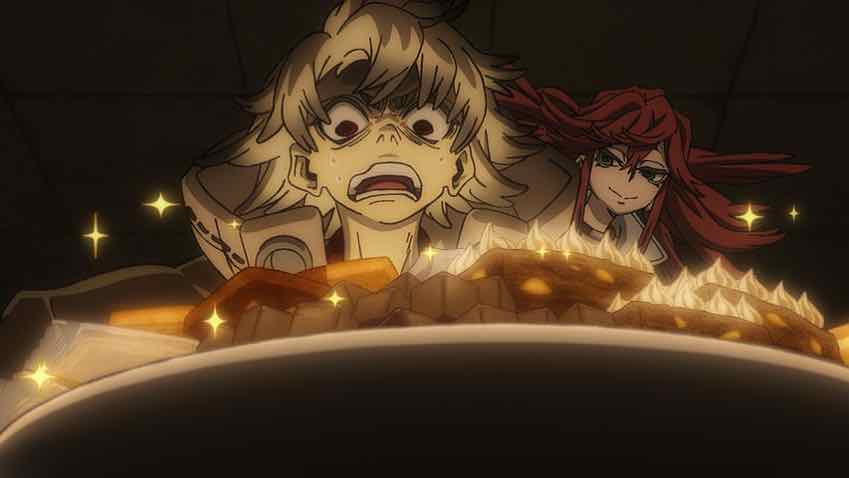
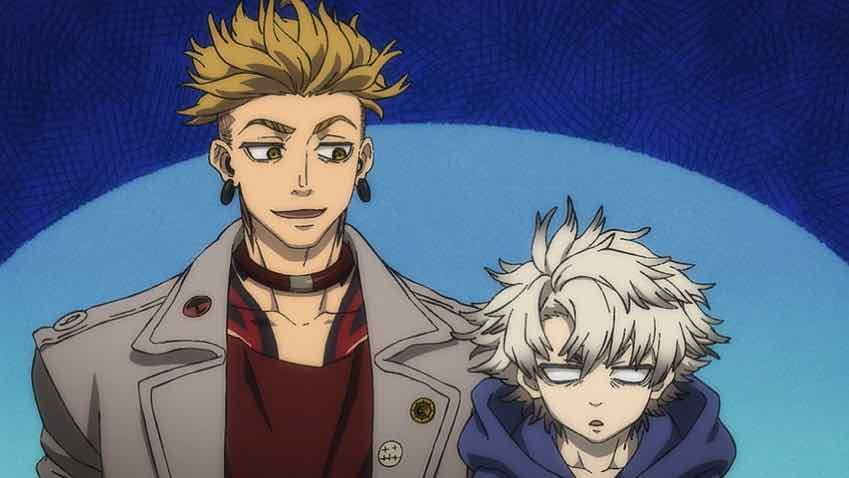
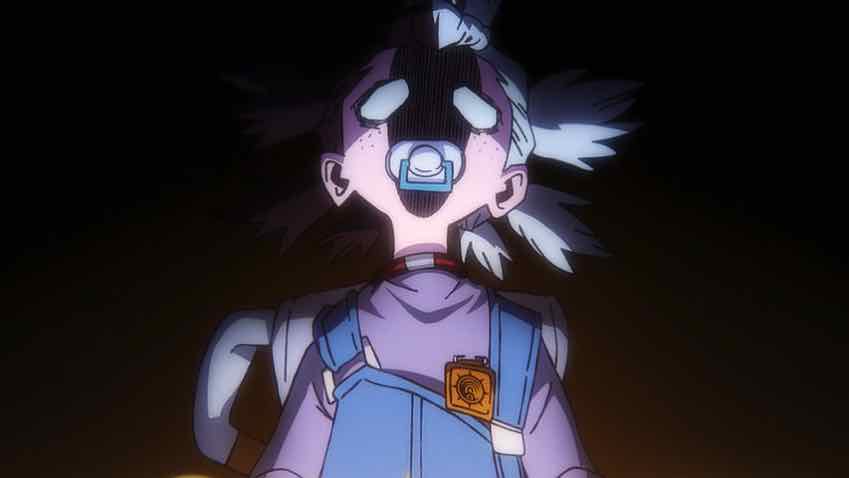
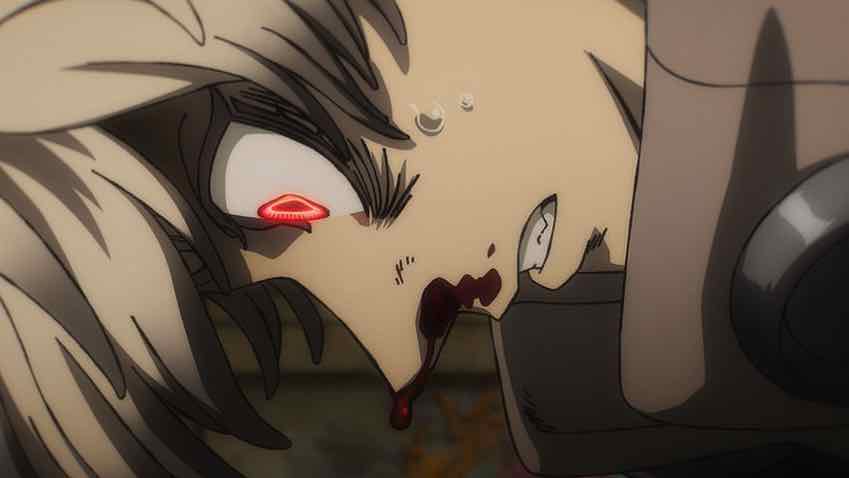
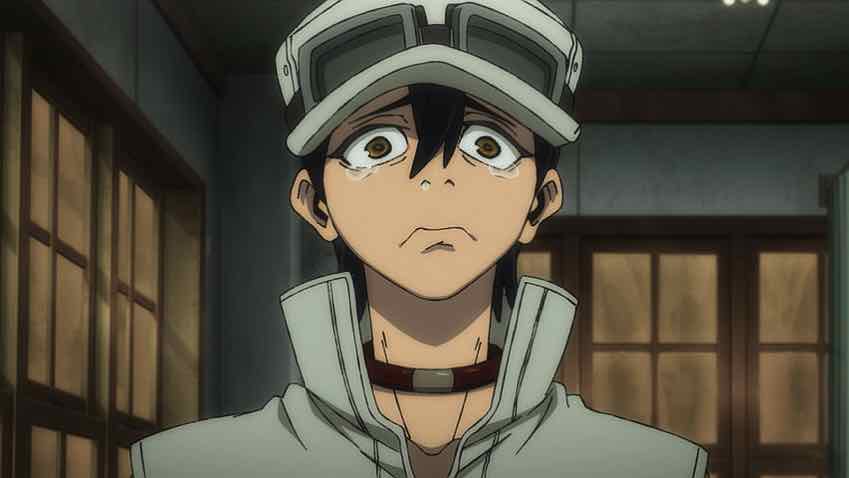
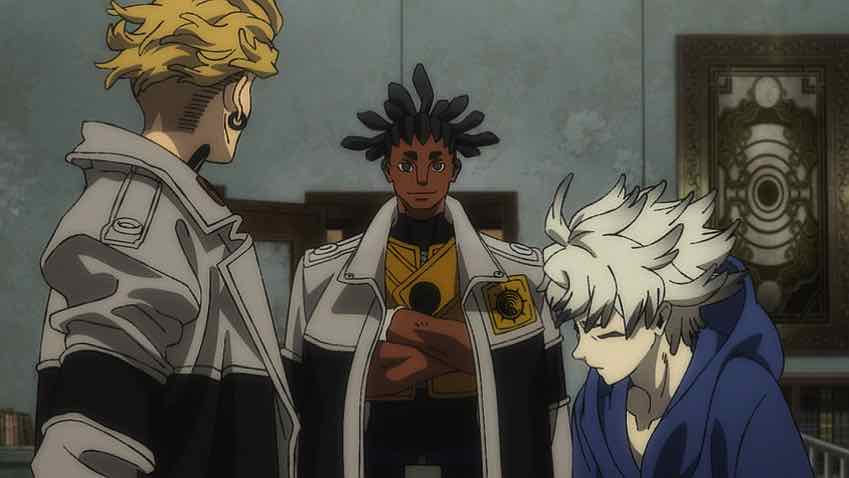
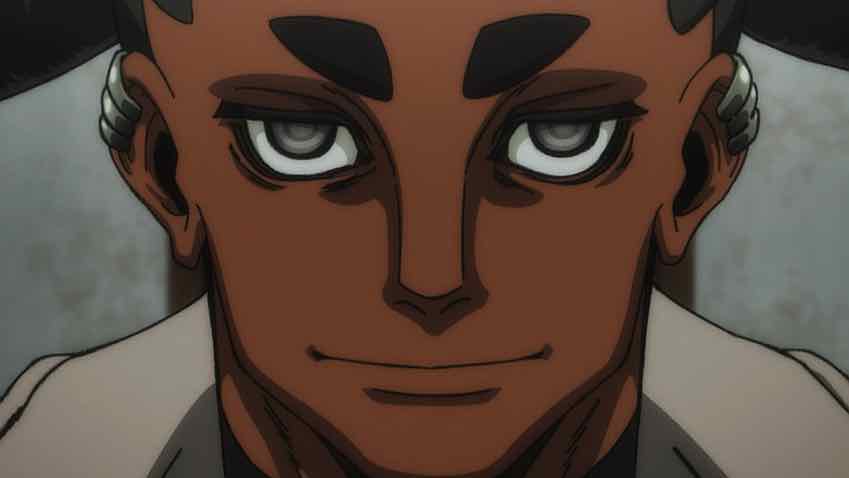
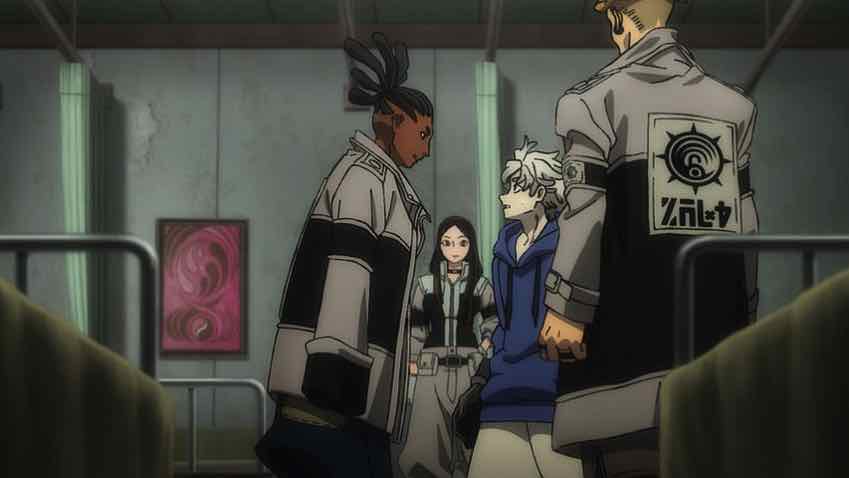
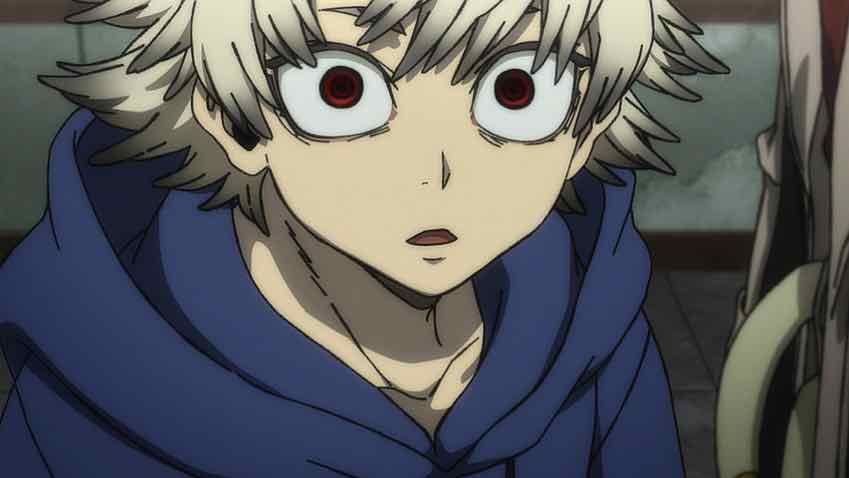
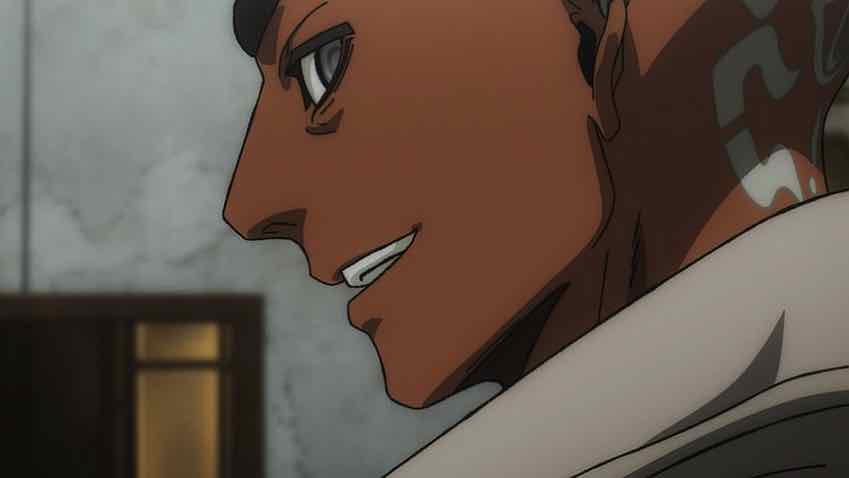
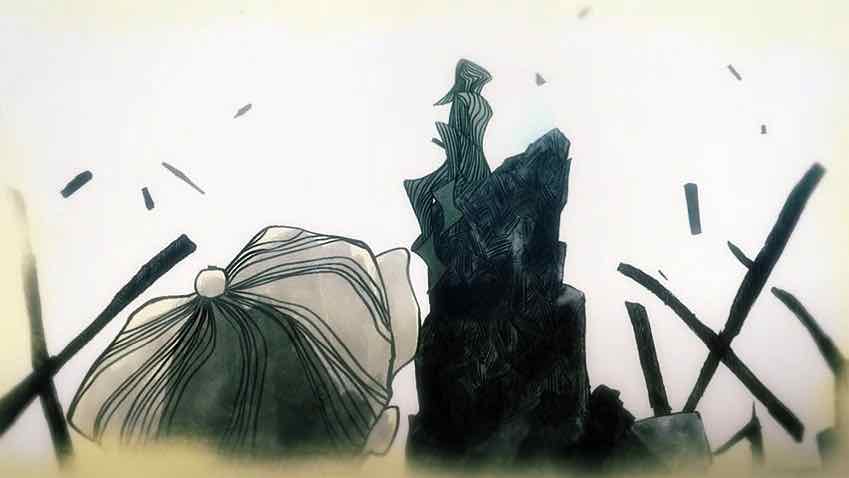
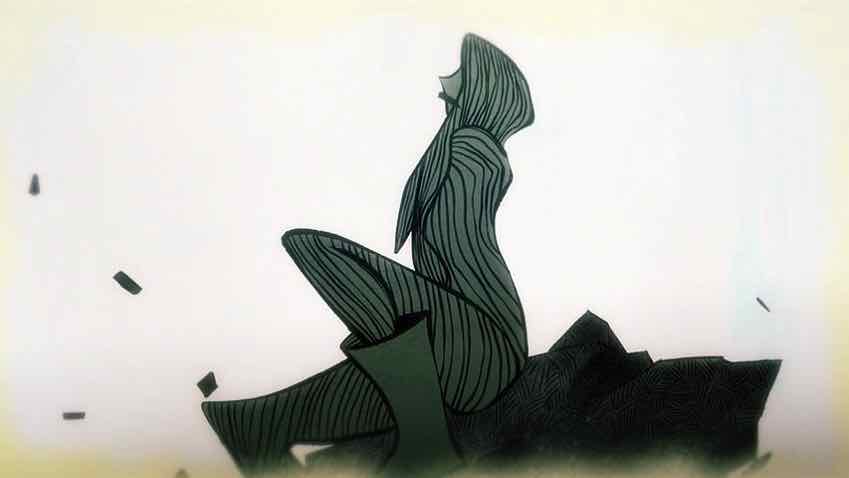
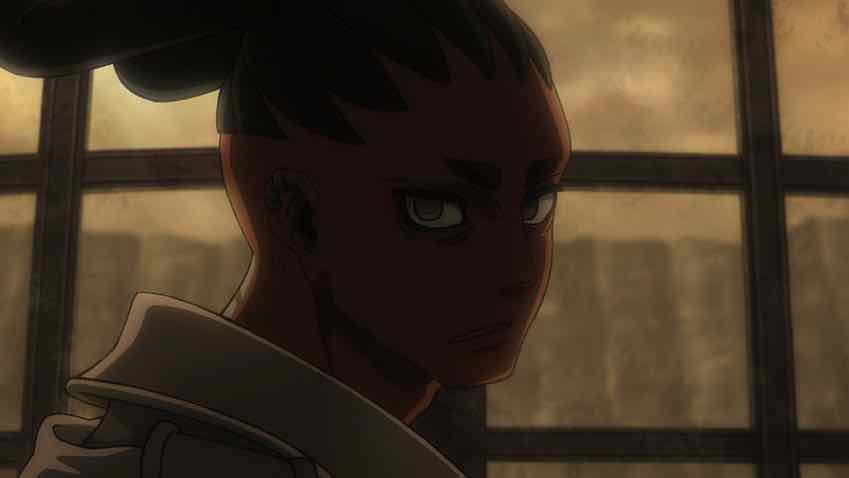
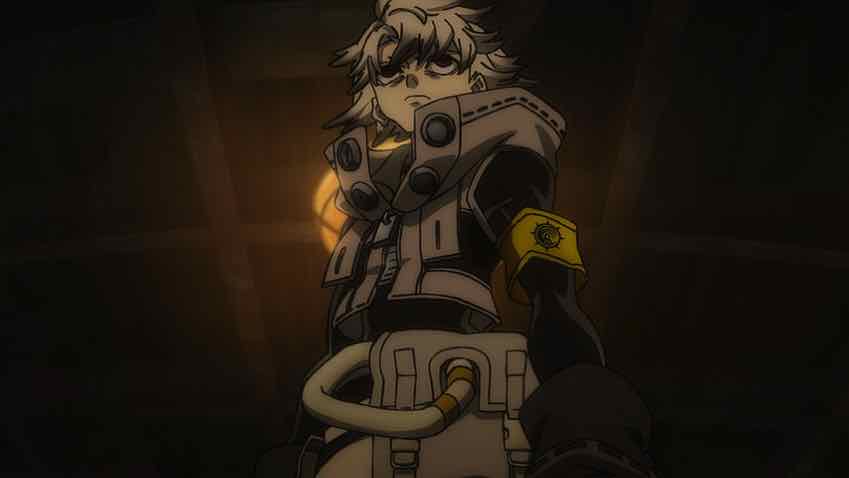
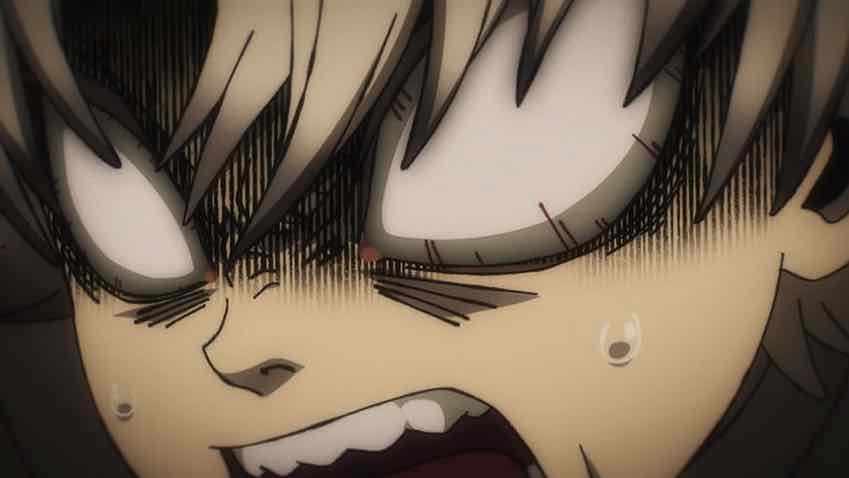
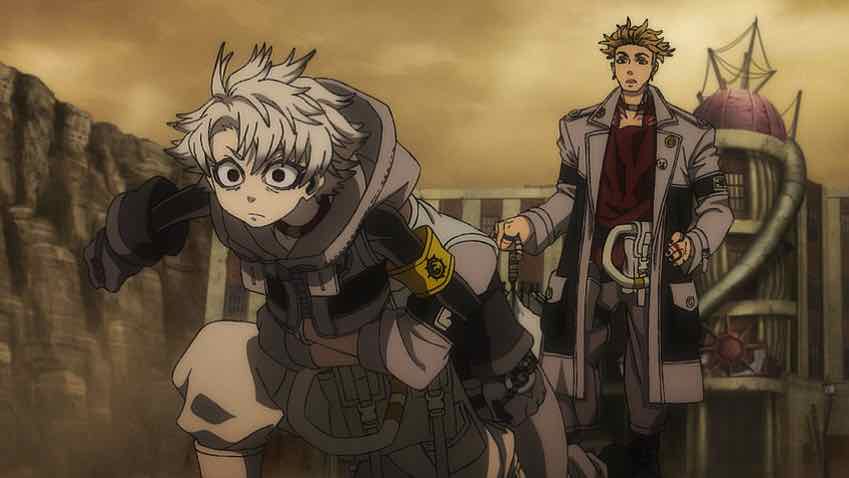
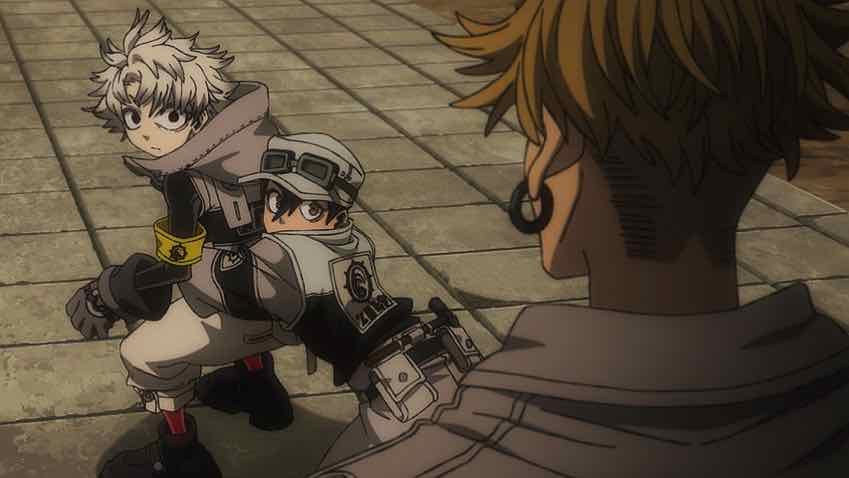
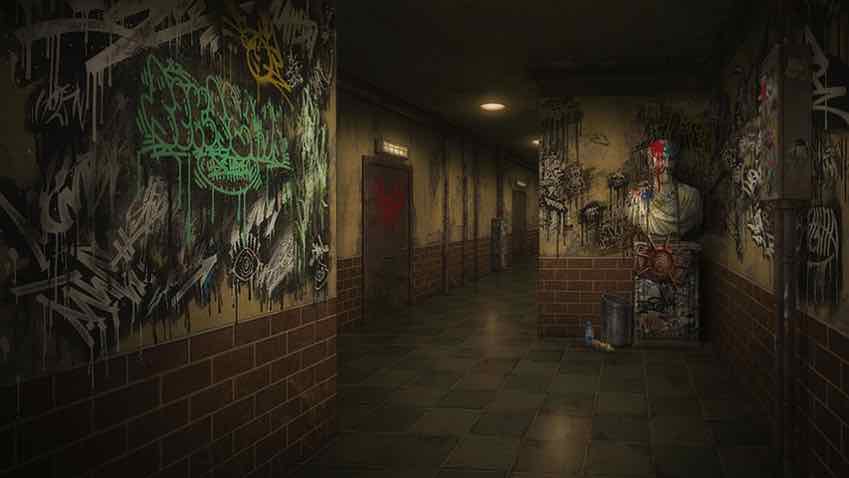
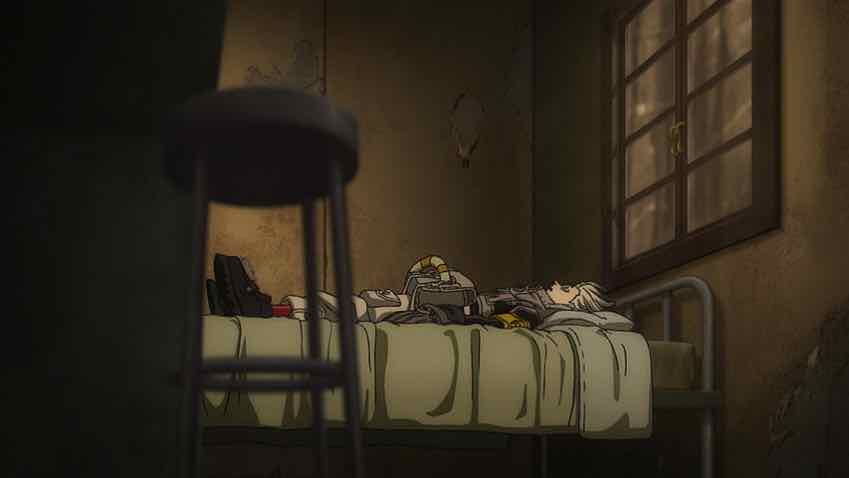
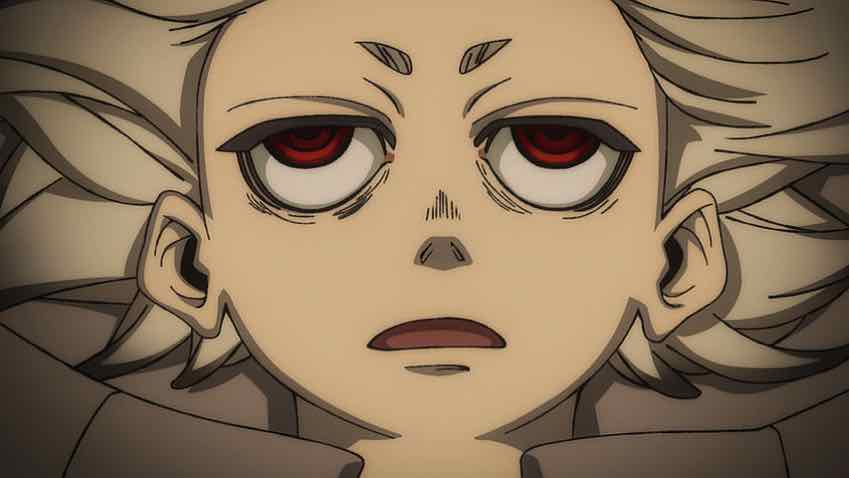
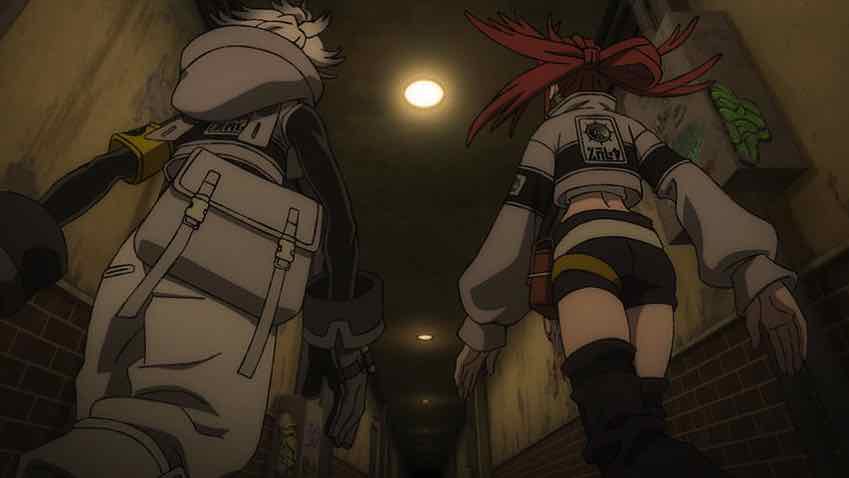
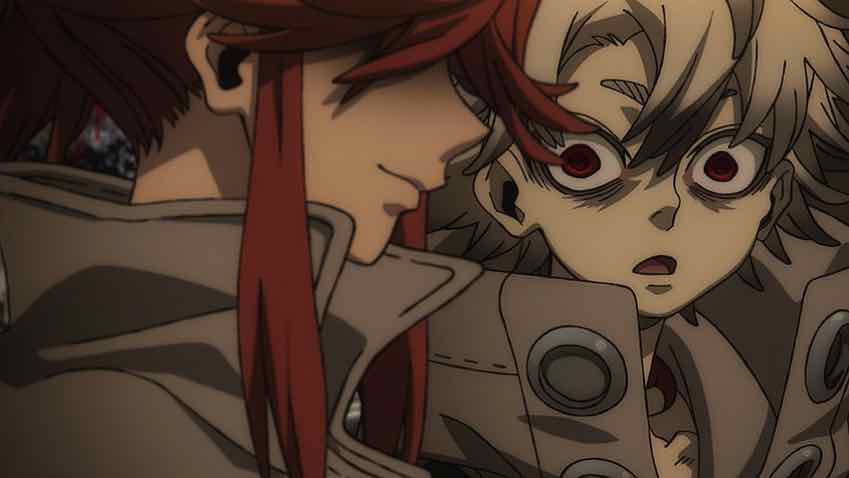
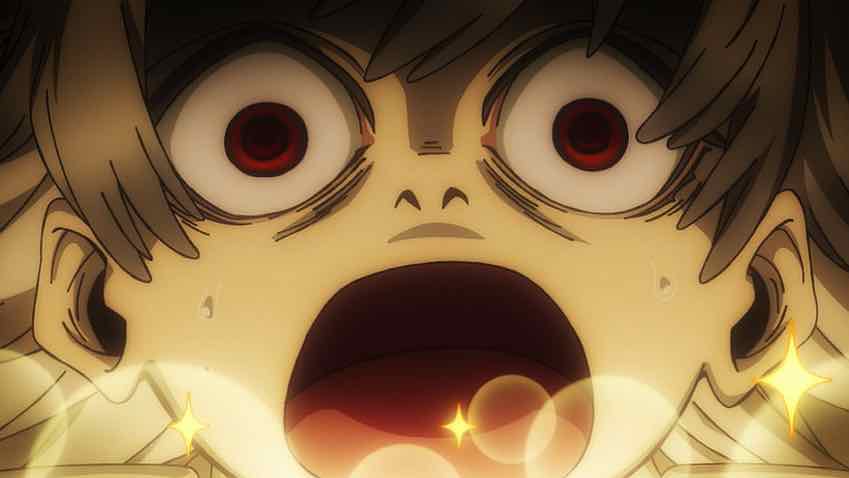
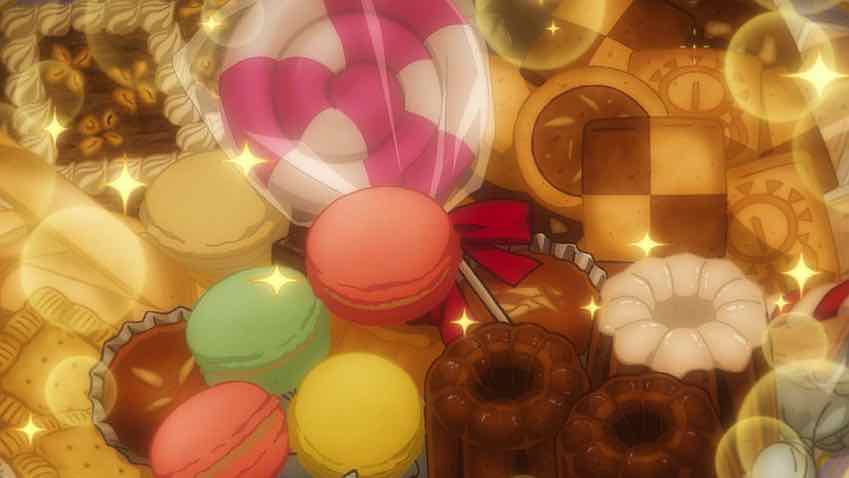
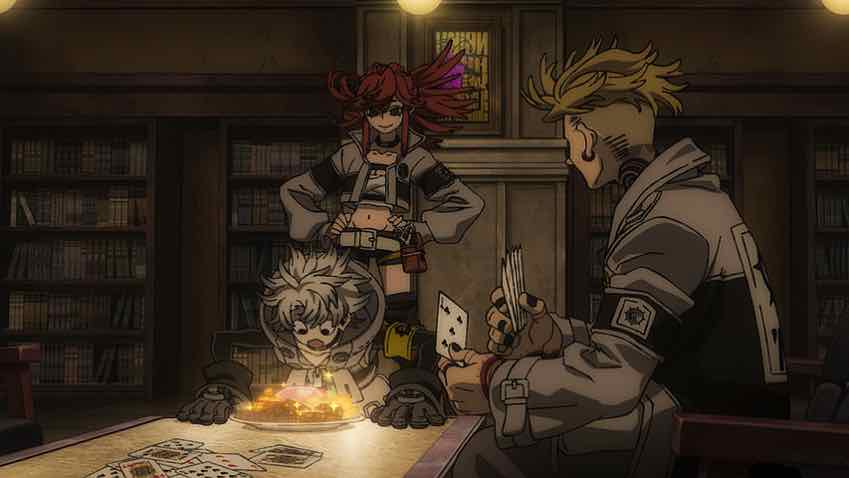
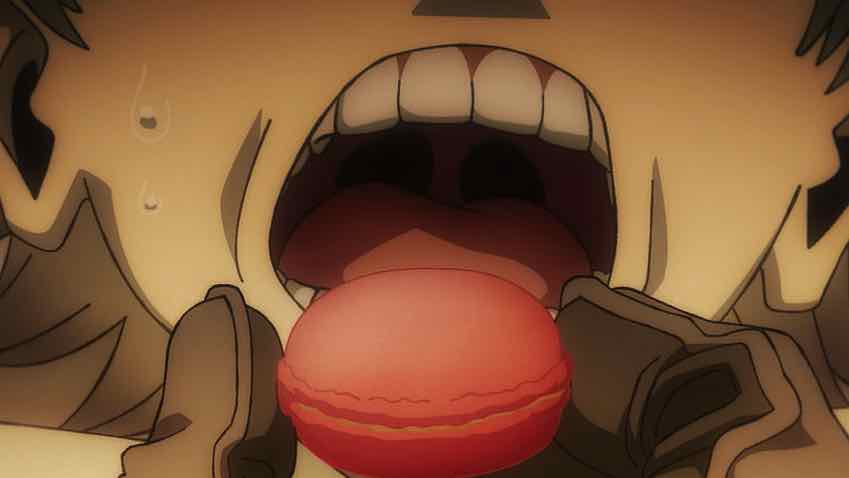
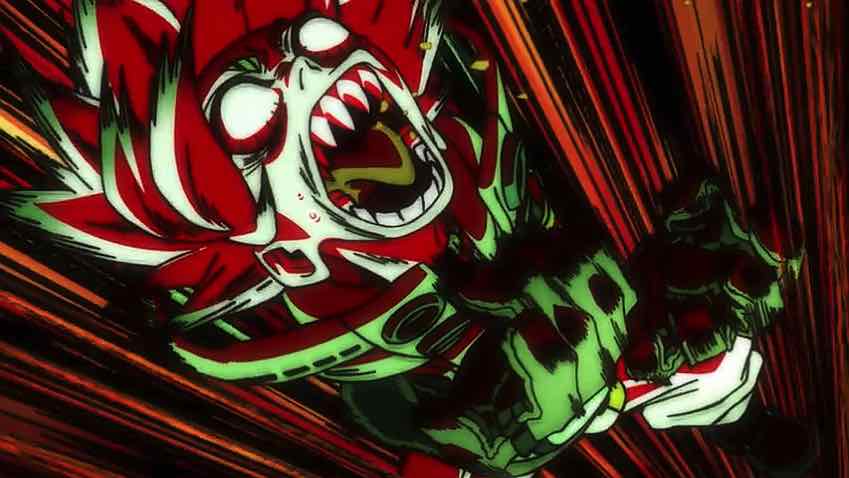
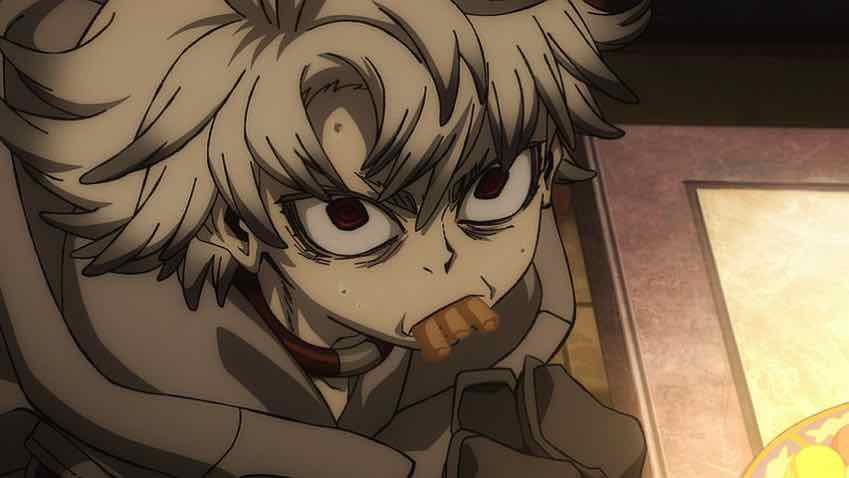
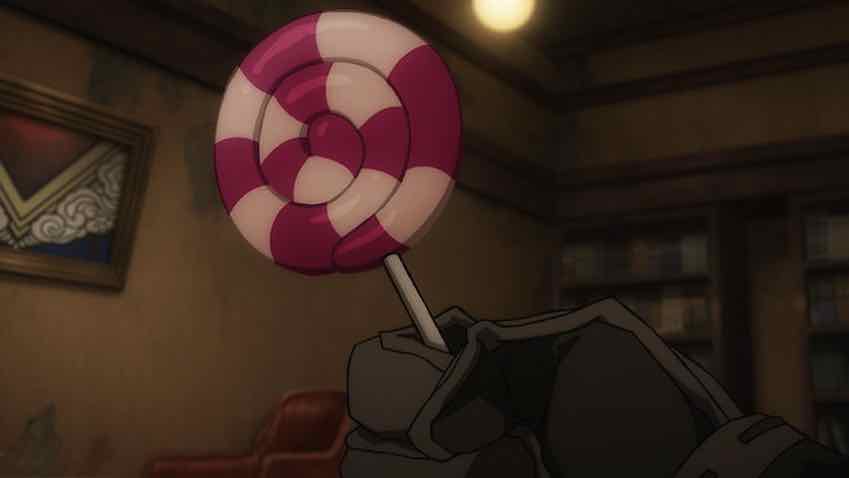
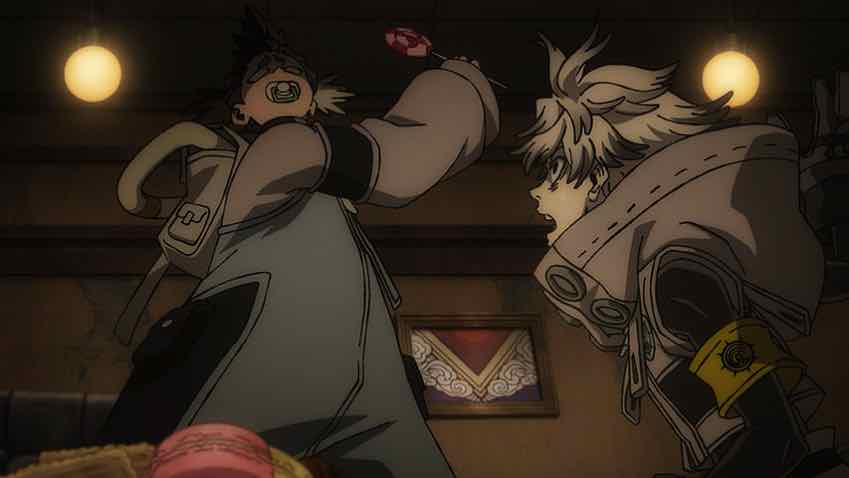
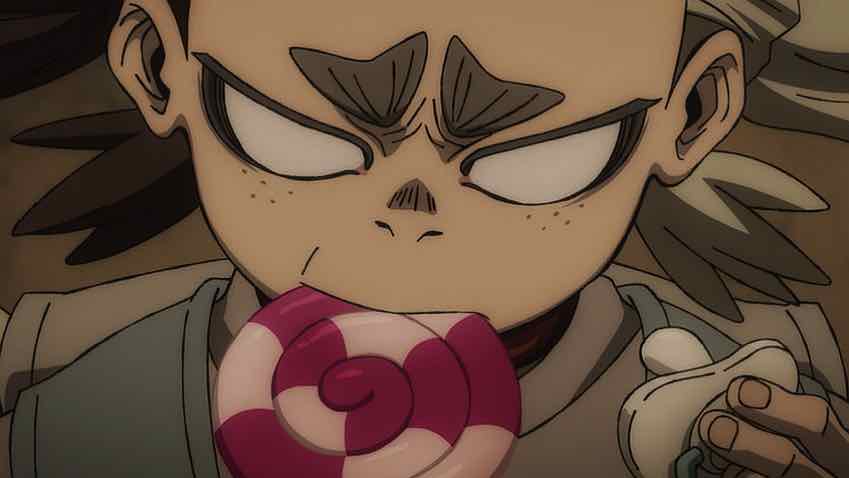
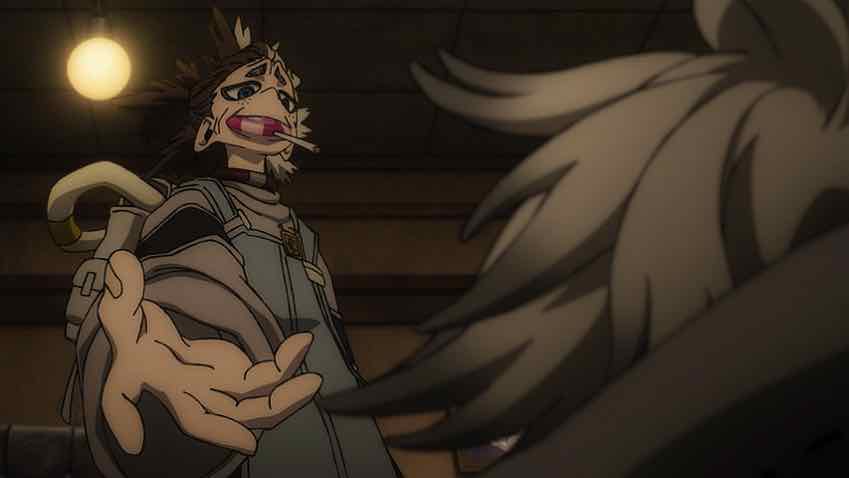
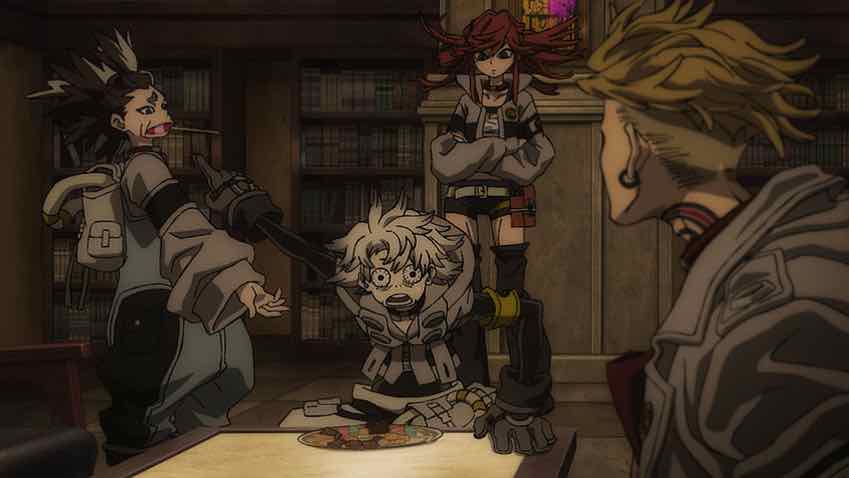
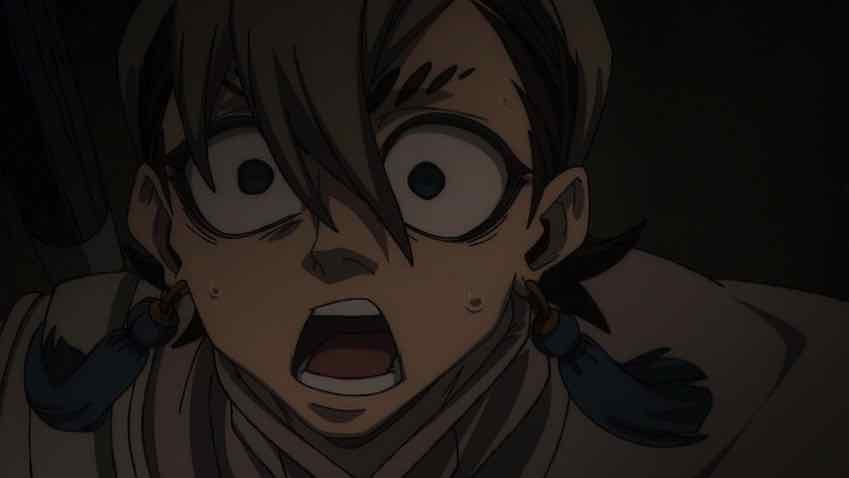
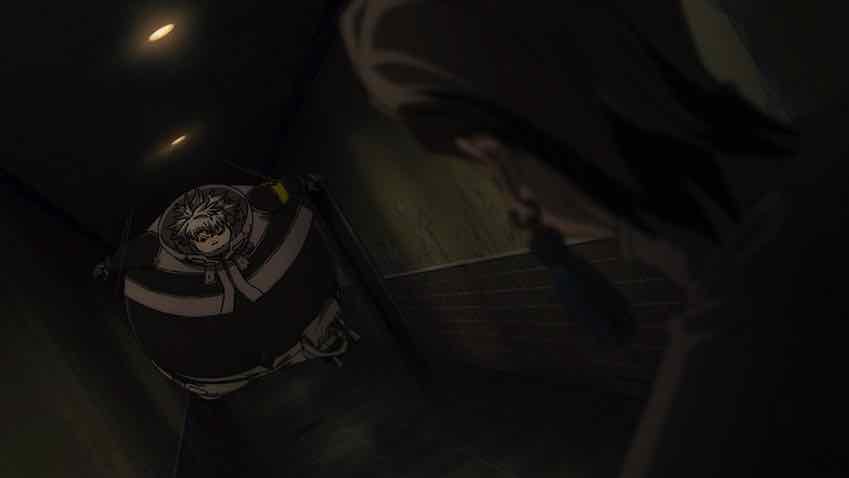
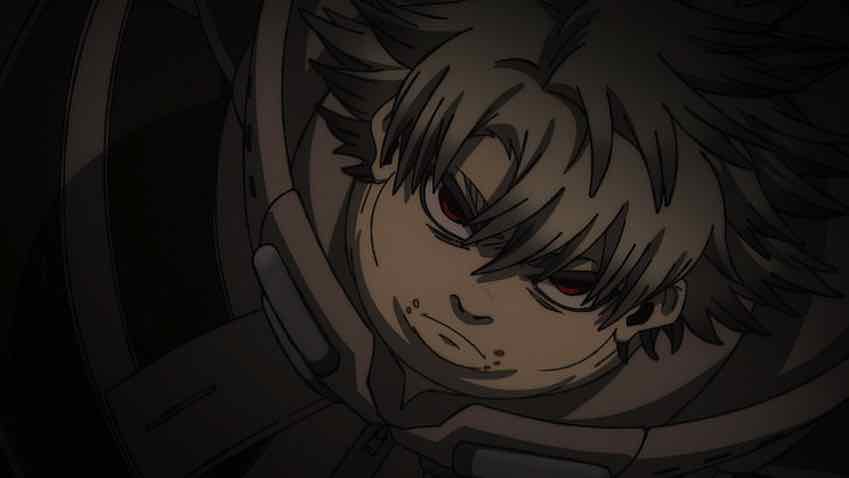
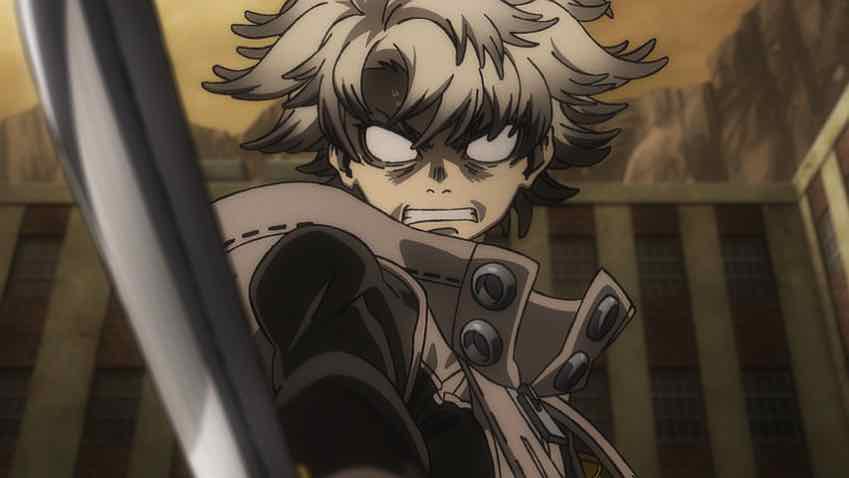
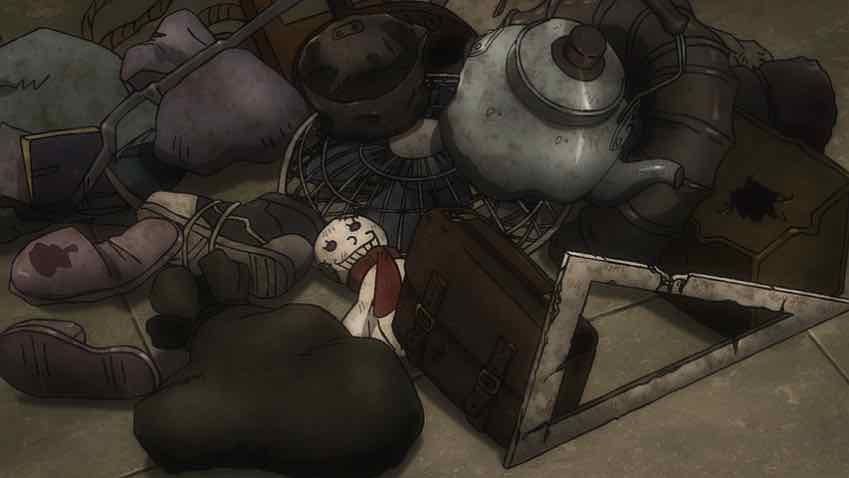
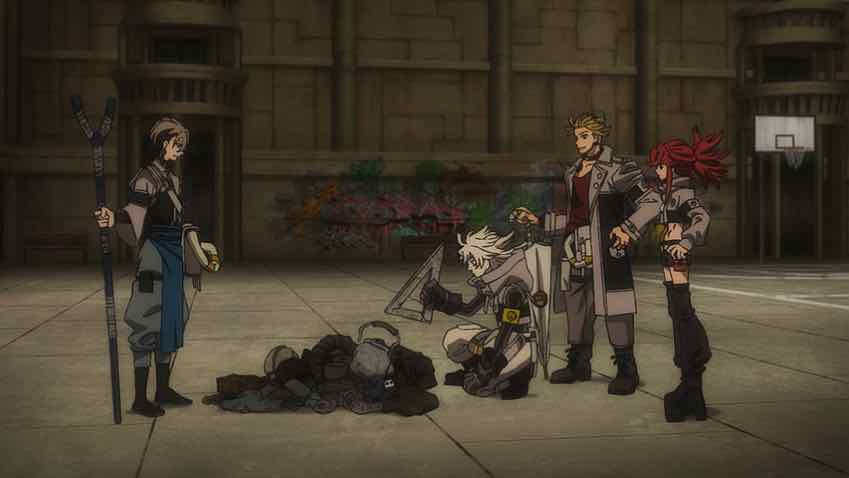
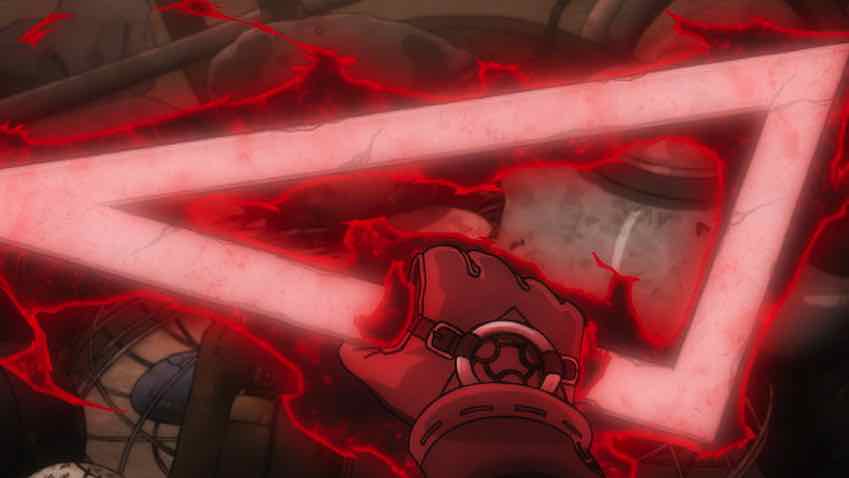
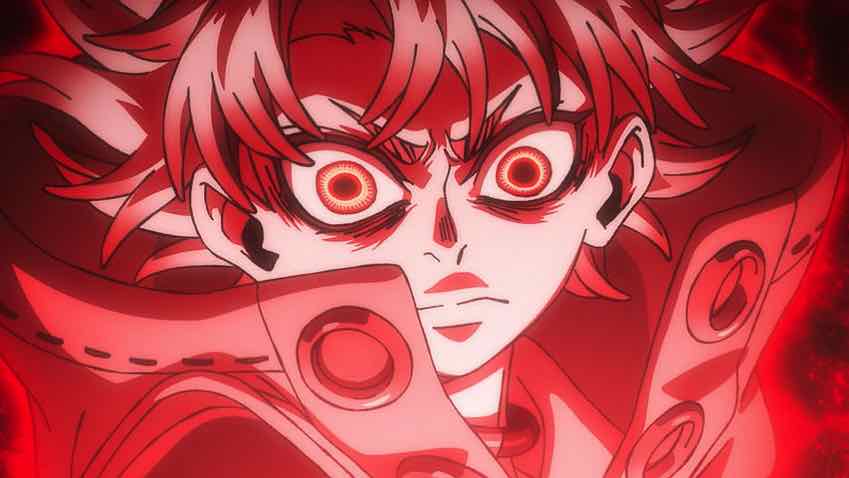
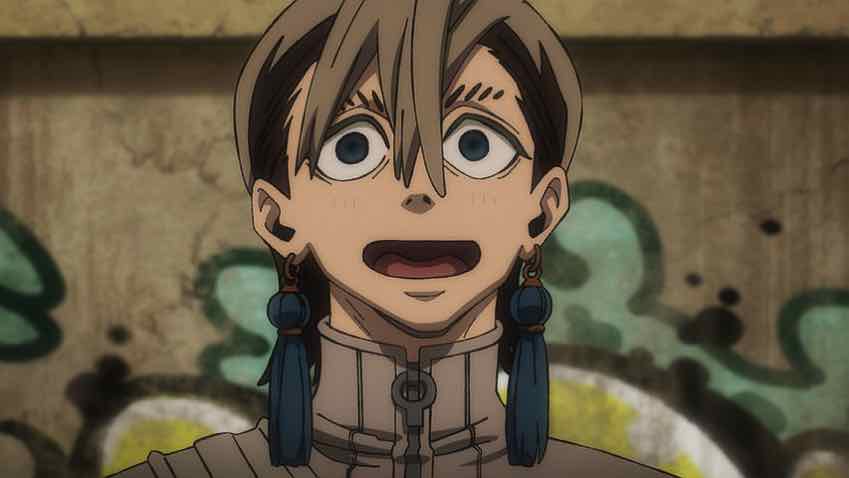
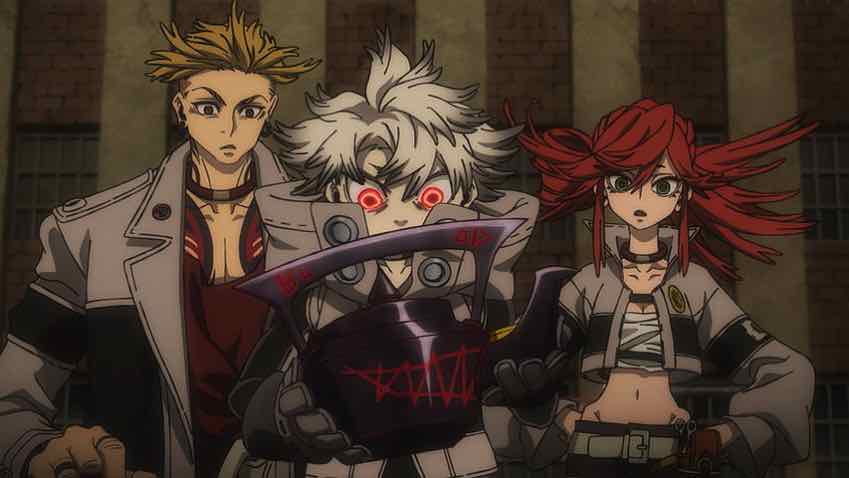
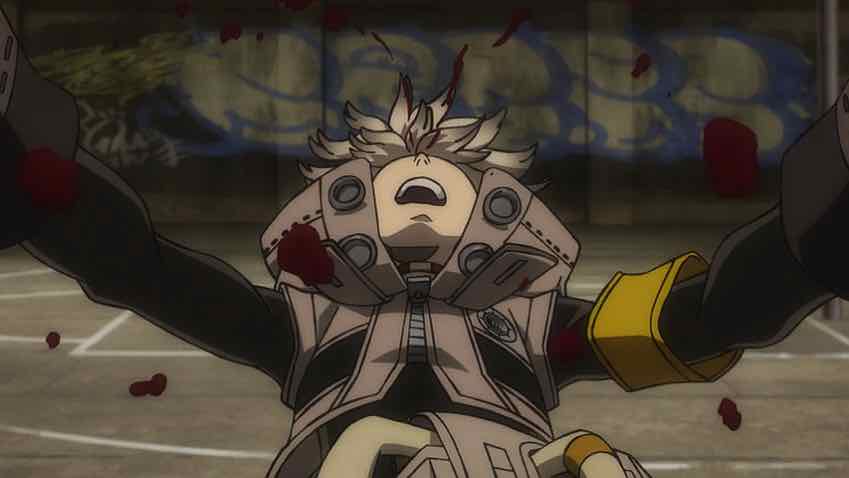
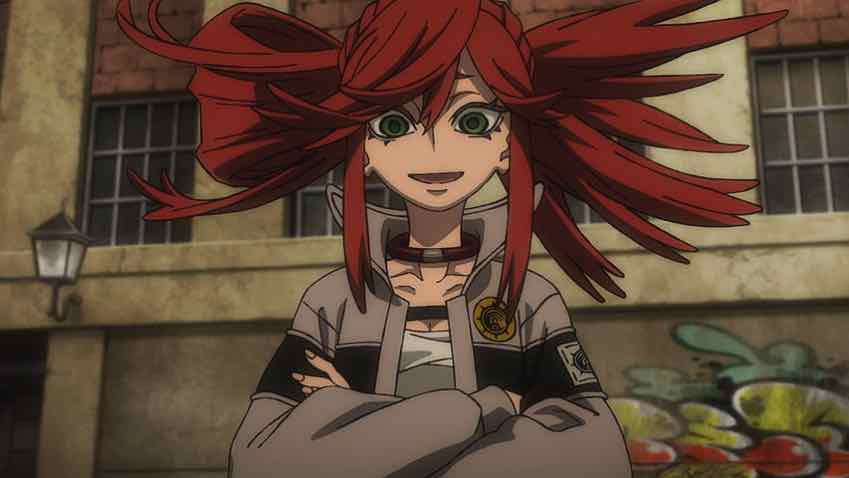
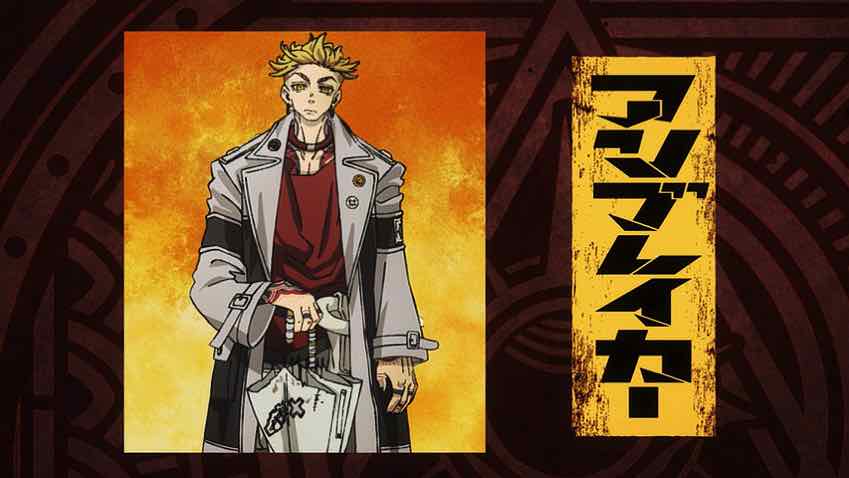
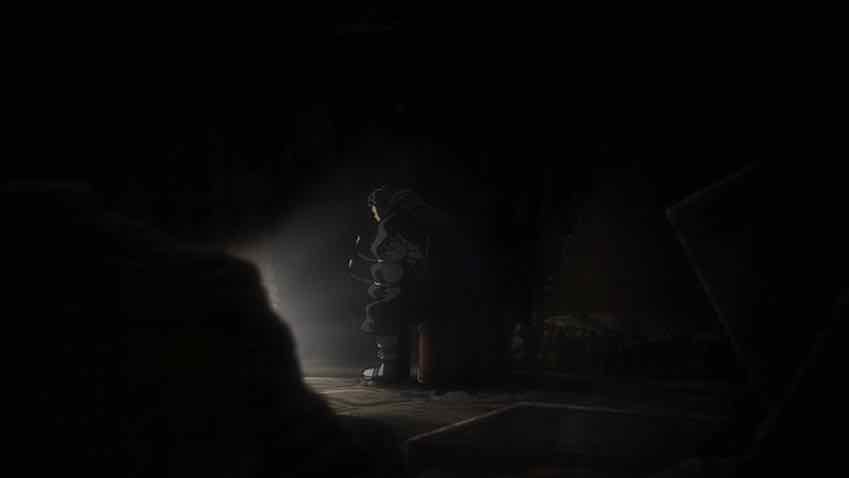
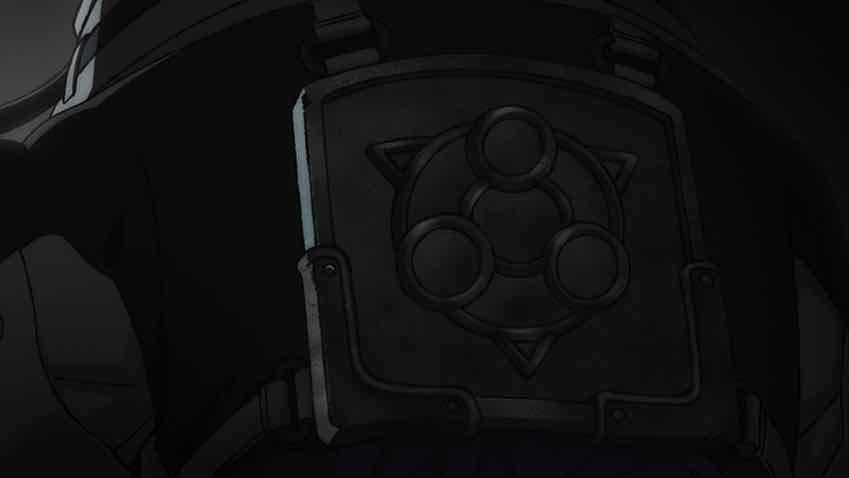

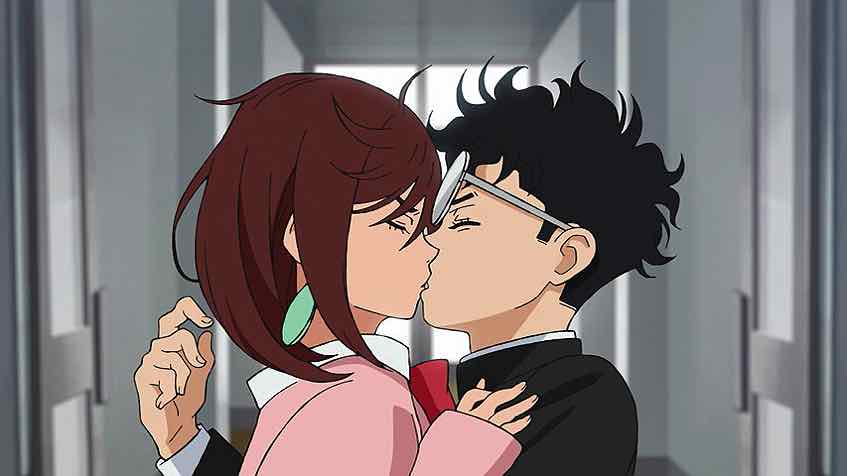
Raikou
September 2, 2025 at 9:26 amI’m glad Gachiakuta isn’t rushing in the first story arc. Most shonen nowadays are hoping to get good rankings in the magazines so they include many fight chapters in early parts of the story. I just want shonen with more world building and characters.
Guardian Enzo
September 2, 2025 at 10:12 amYeah, as noted before it recalls the pacing of the big shounen kaiju which really took their time establishing. And I do wonder if some of those eventual megahits would have been cancelled if they’d premiered in the 2020’s.